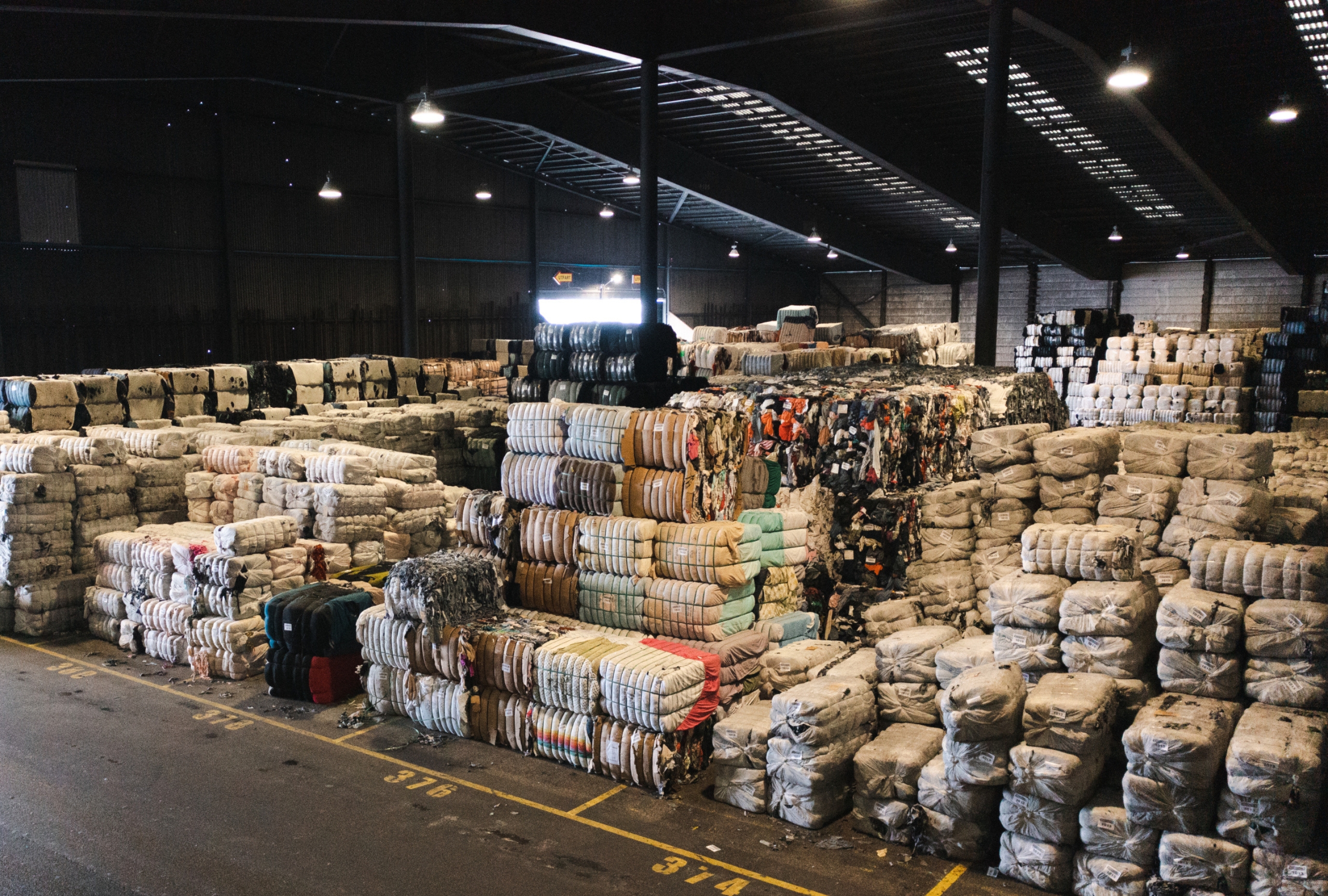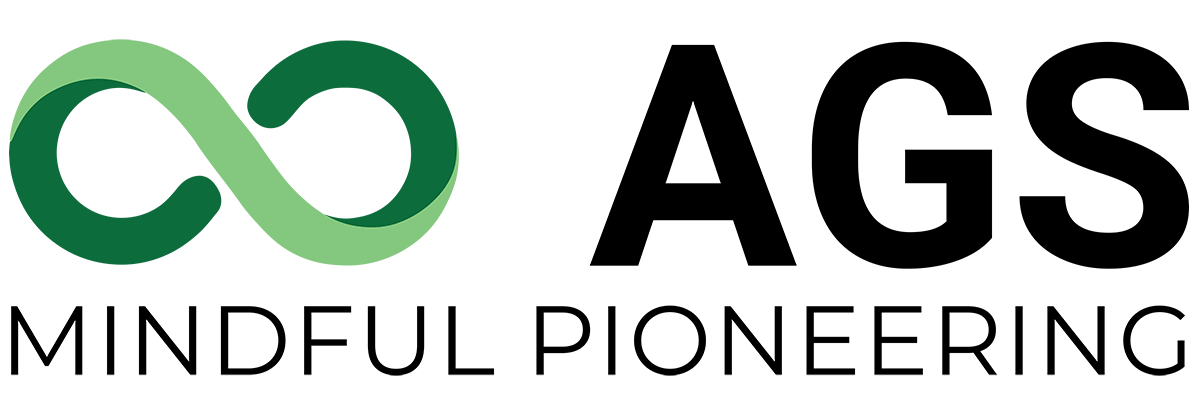
CIRCULOSE®
Cotton-Rich Textile Waste → Cellulosic Pulp

What is CIRCULOSE®?
CIRCULOSE® is a breakthrough, innovative raw material made entirely from 100% recycled cotton-rich textile garments. Developed by the Swedish company Renewcell (now operating under the name Circulose), this next-generation material offers a solution to raw materials, waste, and sustainability. It is a next-generation dissolving pulp made from 100% discarded textiles. This next-generation material offers a sustainable alternative to virgin wood pulp in the production of regenerated fibers such as viscose, lyocell, and modal. CIRCULOSE® offers a high-quality, renewable alternative derived from the very clothing we throw away.
How is CIRCULOSE® Made?
The production process of CIRCULOSE® involves several key steps:
1. Collection: Discarded textiles, especially those rich in cellulose like cotton, are collected. This includes post-consumer garments and production waste.
2. Preparation: The textiles are mechanically processed to remove non-cellulosic components such as polyester, dyes, zippers, and buttons. This results in a slurry consisting purely of cellulose.
3. Drying: The purified cellulose slurry is dried into sheets of CIRCULOSE® pulp.
4. Distribution: These sheets are packaged into bales and shipped to fiber producers who use them to manufacture new textile fibers .
Our Services to CIRCULOSE A.B.
At AGS, we are proud to support CIRCULOSE® as a trusted service partner, helping expand its adoption across global supply chains. Together, we aim to accelerate the shift toward circular materials and redefine what’s possible for sustainable textiles.
The unique values of CIRCULOSE®:
-
Circularity: By recycling textile waste into new fibers, CIRCULOSE® promotes a closed-loop system in the fashion industry.
-
Resource Conservation: It reduces the reliance on virgin materials like wood and cotton, thereby conserving natural resources.
-
Energy Efficiency: The production process is designed to be energy-efficient and minimizes the use of harmful chemicals.
-
Waste Reduction: It diverts textile waste from landfills and incineration, addressing the growing issue of fashion waste .
AVAILABLE FIBER -TYPES
Viscose Filament Yarn
Viscose Staple Fiber
Lyocell (In-Development)
FIBER MANUFACTURERS
Aditya Birla
Jilin
Tangshan Sanyou
Yibin Grace
OPTIMAL FOR BLENDING
Cellulosics (Cotton, Hemp, Linen, Wool)
Synthetics (Polyester, Nylon, etc.)
SUSTAINABILITY
100% Cotton-Rich Textile Waste
100% Bio-based Content
100% Renewable Energy
Zero Effluence
Cotton-Rich Recycled Garments
The foundation of CIRCULOSE® lies in its raw material: cotton-rich recycled garments and production waste. These discarded textiles are abundant and structurally valuable due to their high cellulose content. This cellulose serves as the critical input for producing regenerated fibers like viscose, lyocell, and modal. By prioritizing cotton-rich waste, CIRCULOSE® secures a feedstock that is both renewable and technically suitable for high-performance textile applications.
Unlike mixed synthetic textile waste, cotton-rich materials can be efficiently purified to isolate cellulose through a controlled hydrothermal process. This purification removes dyes, synthetic blends, and non-cellulosic components such as polyester threads, ensuring a clean pulp product that meets the strict requirements of fiber producers. The targeted use of these garments reduces downstream processing variability and enhances compatibility with standard viscose production systems. As a result, the quality, consistency, and processing efficiency of the final pulp are equivalent in quality to virgin material.
Using post-consumer cotton garments as feedstock also maximizes the embedded value of cotton as a fiber, particularly given the high resource input required to grow and process virgin cotton. Repurposing existing cotton through CIRCULOSE® prevents valuable raw material from becoming landfill waste or being incinerated, helping to lower the environmental footprint of the fashion industry. It also repositions waste as a resource—one that supports a closed-loop model and provides traceable, high-quality input for global textile supply chains. This approach demonstrates how innovation in raw material selection can create scalable sustainability without compromising fiber integrity or textile performance.

You may also be interested in the following products:
BIOPURE HS5 (Hydro Soft)
PERFORMANCE: Soft, Smooth, Moisture Wicking
RAW MATERIAL: Coconut Oil
BIO-CONTENT: 72%
Imparts exceptional softness and wicking for all fiber-types, including: cotton, linen, polyester, nylon, and wool.
BIOPURE MM1 (Ultra Dry)
PERFORMANCE: Flash Wicking, Quick Drying, Cooling, Antistatic
RAW MATERIAL: Castor Oil
BIO-CONTENT: 78%
Imparts superior moisture management properties to all fiber-types, including: cotton, linen, polyester, nylon, hemp, and wool.
Home
News
Consulting
Products
About Us
Contact Us

